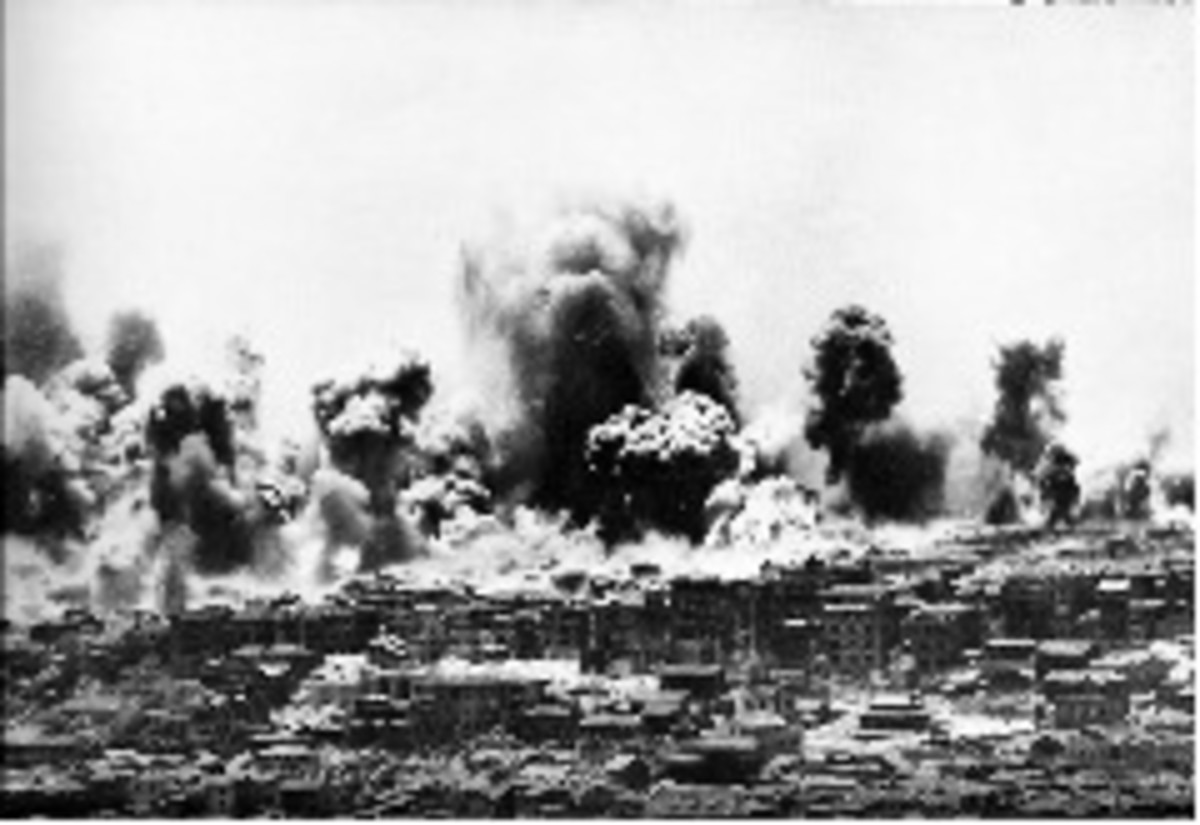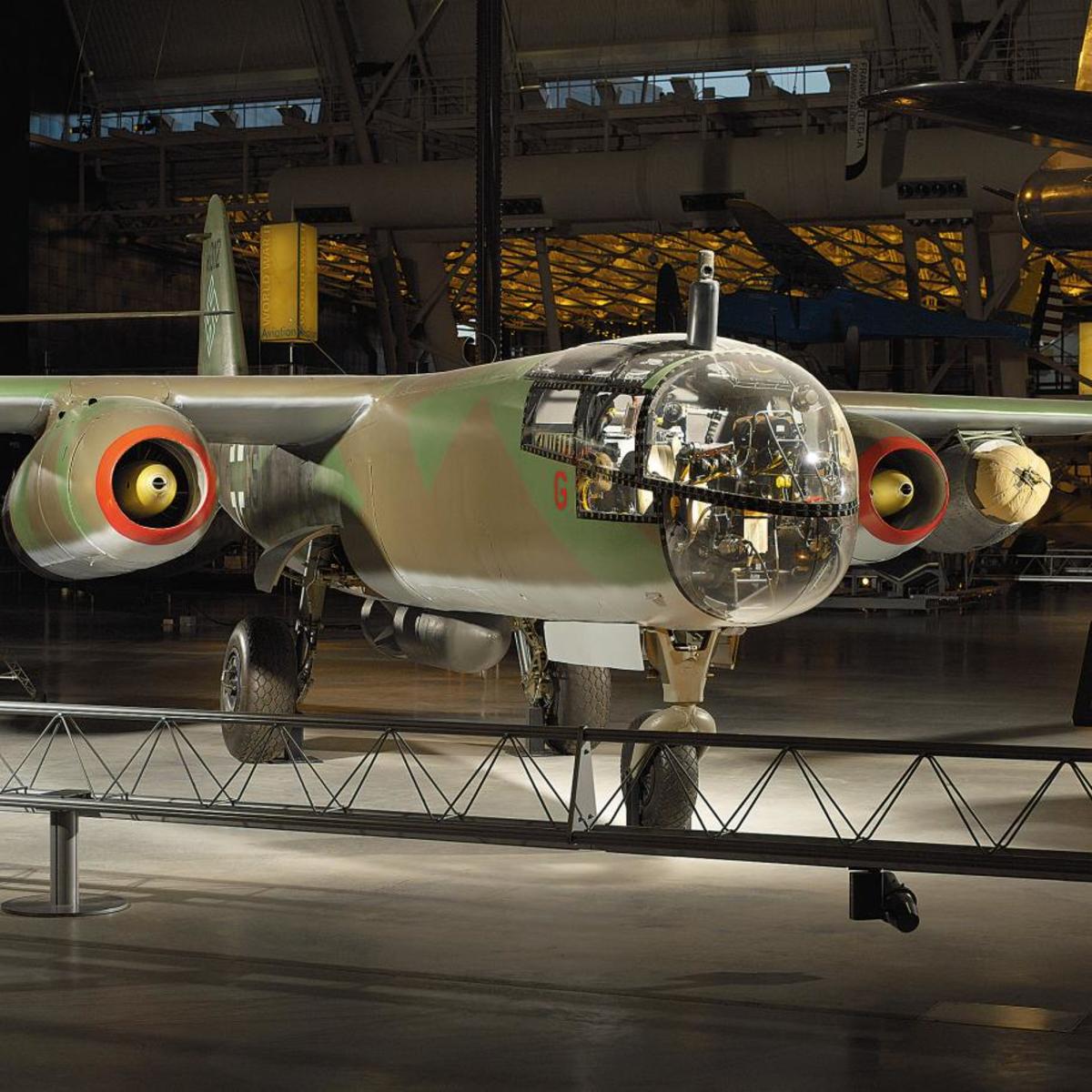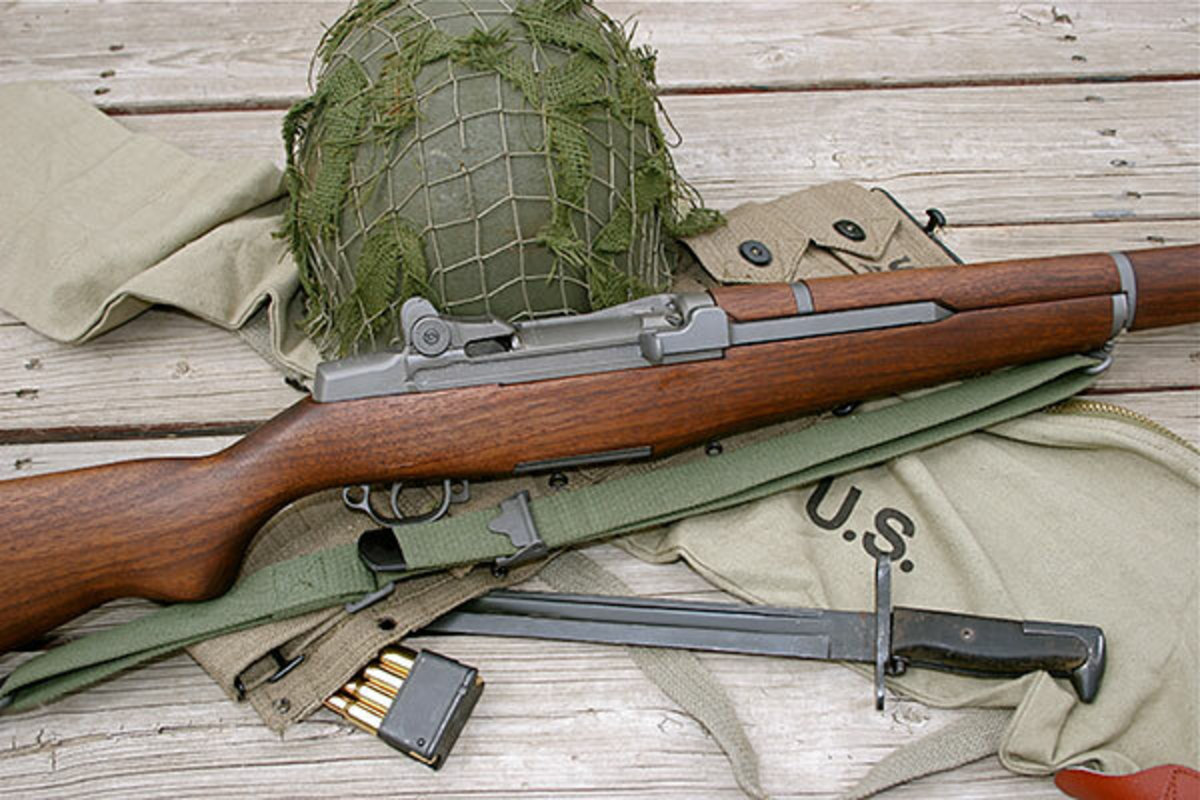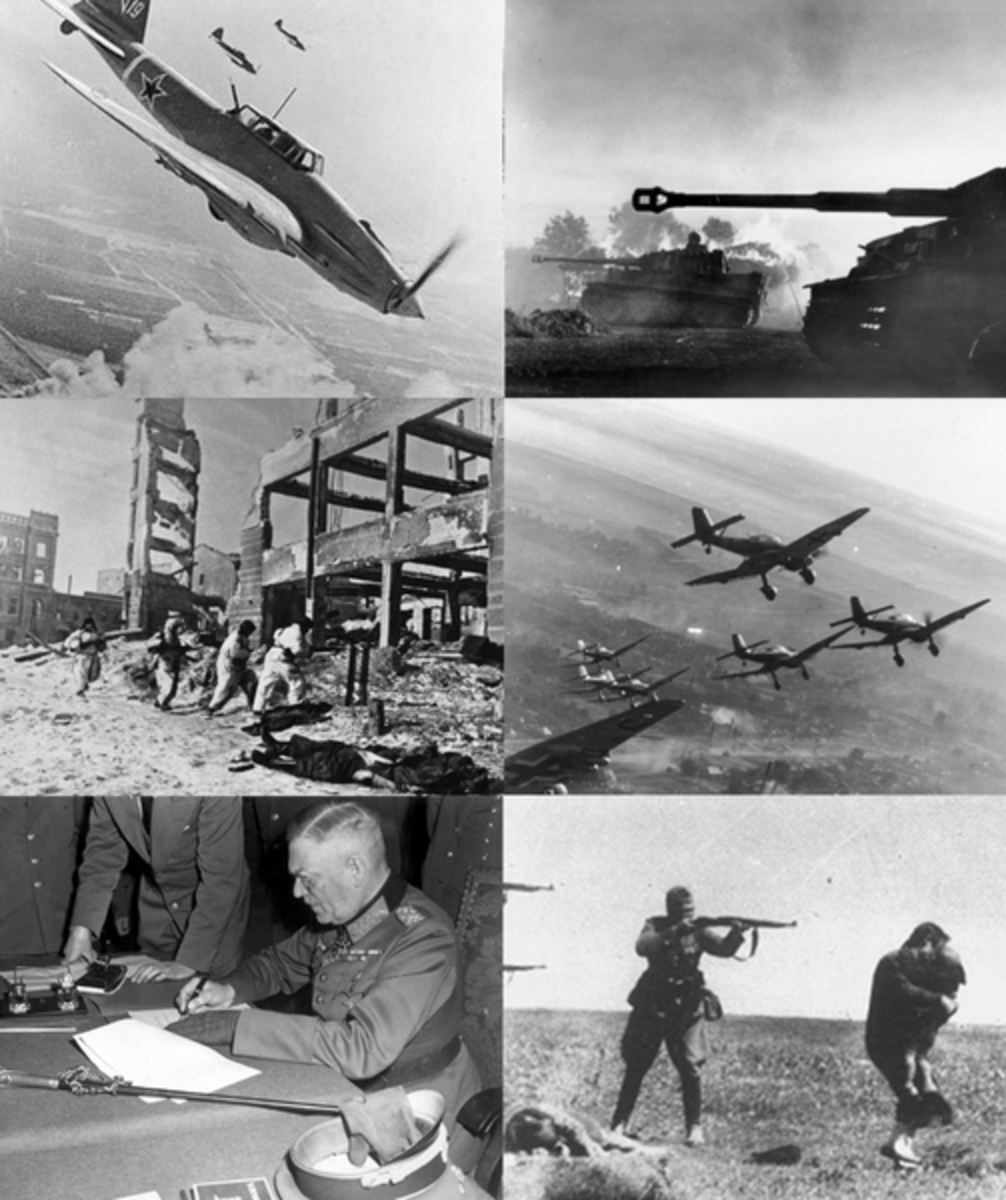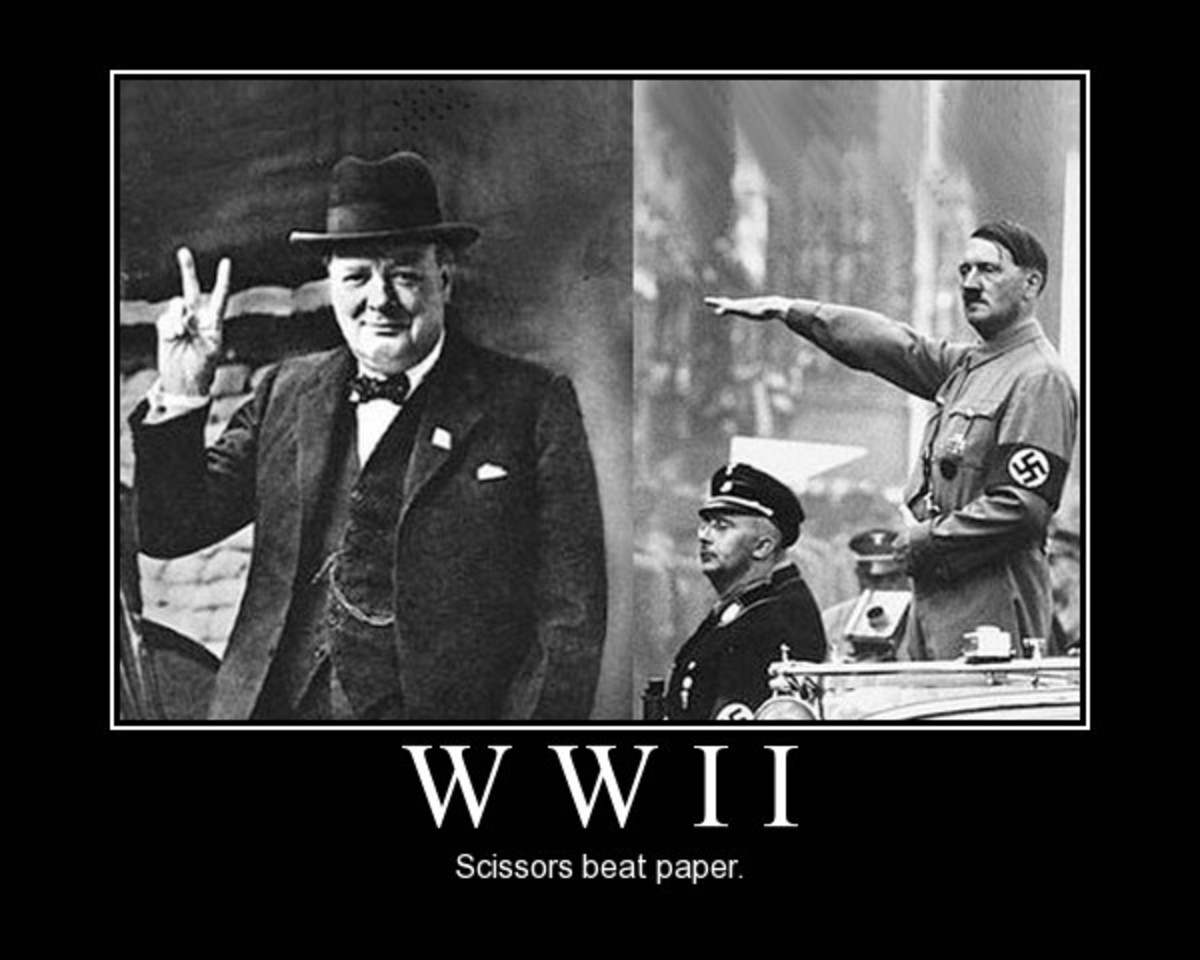Dunkirk: British Second World War Film
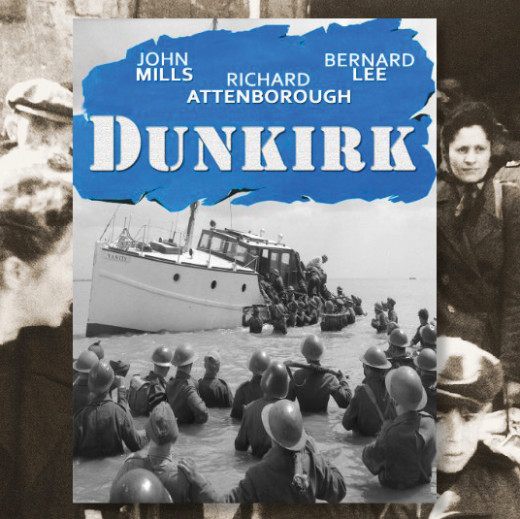
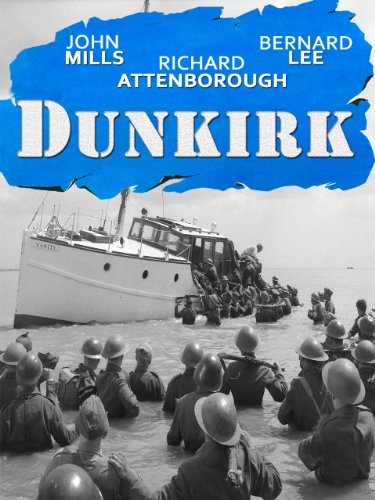
Dunkirk: A wonderfully patriotic film about the Second World War
I was brought up to be proud to be British and so it's hardly surprising that I loved this film when I was a child. I still do today. It's an account of the evacuation of Dunkirk - an event that took place in 1940 - the early stages of the Second World War.
But this isn't just a movie for the Brits - it's for everyone.
By May of 1940, German troops had moved through France which meant that the British Expeditionary Forces - a total of over 300,000 men - were trapped on the beaches in the northern part of the country.
Those beaches - now places of leisure and fun - could have become a deadly battlefield had it now been for the Dunkirk evacuations.
Over eight hundred boats left Britain to go to the aid of the trapped soldiers.
Yes, many of these were military ships but this flotilla was largely made up of - and manned by their owners - small, privately owned craft. Indeed, seven hundred of the boats were private pleasure craft, river ferries, small fishing vessels and almost every boat that Britain could muster.
Because the troops were on the beaches, the large naval ships were unable to get close enough for an evacuation so the small craft ferried thousands of men to safety. Many stranded soldiers were taken back to the UK on the small boats.
And the film is wonderful. It seems that it was impossible in the post war years to have a war movie without John Mills and this one is no exception.
I want to watch this film sitting in front of a roaring fire, with a cup of tea whilst I make toast on the fire. It is so wonderfully British. The scene where the rag-bag flotilla sails down the River Thames and past the Houses of Parliament is definite lump-in-the-throat moment.
But despite my own nostalgia for this film, it was a momentous moment in the Second World War and as some reviewers have said 'shows Britain and the British people at their best'.
I highly recommend this film.
You don't have to be British and you don't have to be a war historian to enjoy this film.
Something that is so striking tome is that these events took place within living memory. And yet, as you watch the film, you're struck with how different times were during the Second World War.
Of course, some of that is due to the war itself and the wartime privations that the people were suffering. But nevertheless, it was another era and to some extent, an era with different beliefs and morals.
To some extent of course, this film can be seen as British propaganda. Even after the war the public had to be convinced that the war had been the 'right' thing to do and that it had created many heroes. Those who had lost loved ones wanted to believe that their menfolk had perished to create a better world for everyone.
And in that respect, it is certainly a 'feelgood' movie. But it's so much more than that.
Recommended
If you're looking for more information about the Second World War, and in particular the situation at Dunkirk, this is highly recommended.
How did the film differ from reality?

See the trailer
The trailer is typically Hollywood (with a very shouty announcer) but it still gives you a flavour of the film. What the trailer does remind us though is that the story of Dunkirk is the story of ordinary people.
This is not a wartime story about generals and politicians. This is the story of ordinary folk - just regular people who were forced into various situations by the Second World War.
Winston Churchill
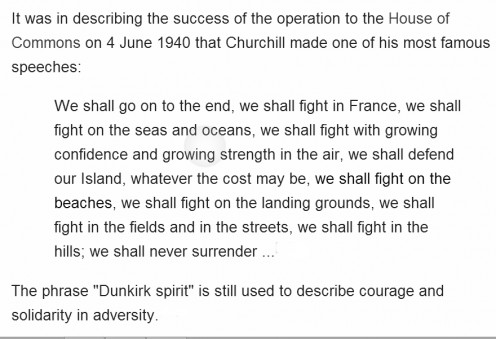
Winston Churchill
© 2014 Jackie Jackson


